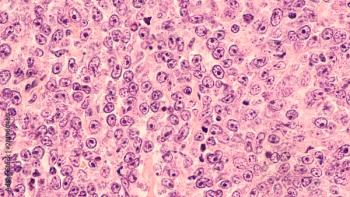
The CAR T therapy tisagenlecleucel missed its EFS endpoint in the phase 3 BELINDA trial for B-cell non-Hodgkin lymphoma.

The CAR T therapy tisagenlecleucel missed its EFS endpoint in the phase 3 BELINDA trial for B-cell non-Hodgkin lymphoma.
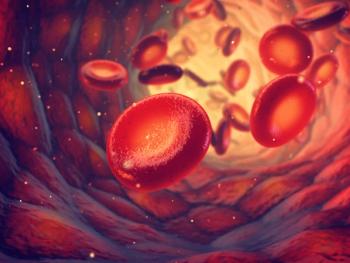
Presentations at ISTH 2021 revealed attributes most important to patients when considering gene therapies and where further research is needed.
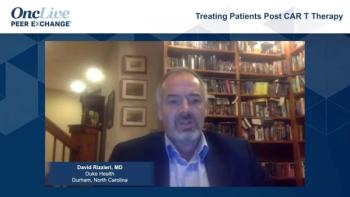
The professor of medicine from Duke University School of Medicine discussed treatment approaches for after relapse on CAR T cell therapy or for patients who are ineligible for CAR T therapy.
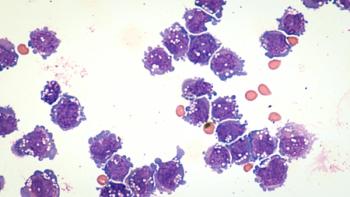
Stephen M. Ansell, MD, PhD, discussed the potential of using non–CAR T-based novel approaches in the non-Hodgkin lymphoma treatment paradigm.

FT516 and FT595 are both currently being evaluated in phase 1 trials for B-cell malignancies.
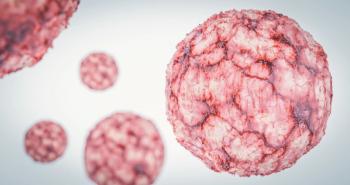
KITE-363 is set to be investigated in a phase 1 clinical trial at the end of 2021.
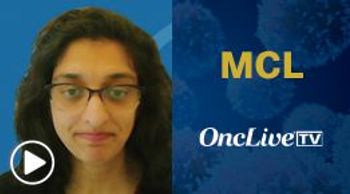
The medical oncologist from Memorial Sloan Kettering Cancer Center discussed efforts made to address areas of unmet need in mantle cell lymphoma.
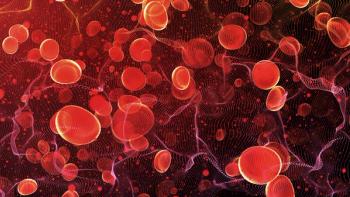
CAR T-cell therapy use will likely expand to a wider array of hematologic malignancies.
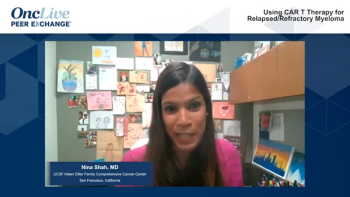
Nina Shah, MD, and other experts discuss the role of CAR T-cell therapy in relapsed/refractory multiple myeloma.
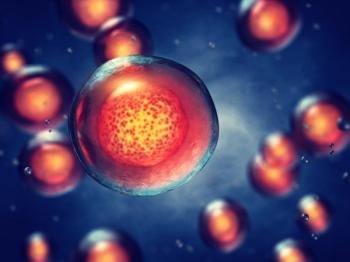
Iuliana Vaxman, MD, and Angela Dispenzieri, MD, review eligibility criteria for ASCT in AL amyloidosis, conditioning dosing, efficacy in terms of hematologic and organ response, and future areas of research.
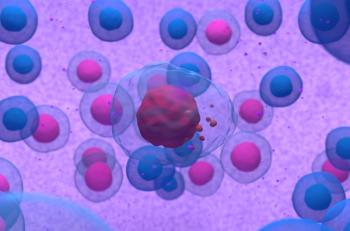
The FDA previously approved ide-cel as the first BCMA-directed CAR T-cell therapy for patients with relapsed/refractory multiple myeloma following 4 or more prior lines of therapy.

Kelly Garvin, BSN, RN, OCN, discussed methods to communicate the benefits and risks of CAR T-cell therapy to patients and recognize AEs.

Mustang Bio plans to file an IND and start a phase 1 clinical trial as soon as a lead construct is identified.
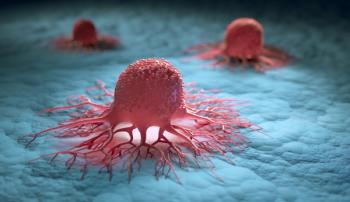
Investigators sought to understand the mechanisms of transferred T cell proliferation and expression.
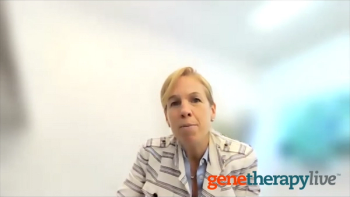
Jennifer Buell, PhD, president and chief operating officer of Agenus, discussed the VISION platform the company uses to develop therapies.
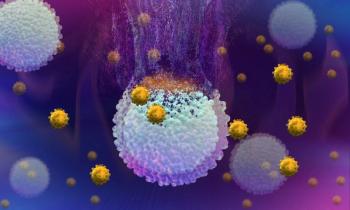
Krina K. Patel, MD, MSc, discussed moving away from chemotherapy and toward immunotherapy.
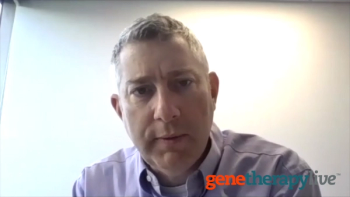
Kevin Heller, MD, executive vice president of research, Jasper Therapeutics, discussed future research with JSP191.
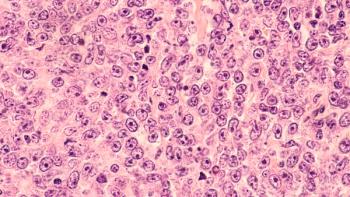
Julie Vose, MD, professor of internal medicine and division chief, Division of Oncology and Hematology, University of Nebraska Medical Center, discussed the use of CAR T-cell therapy in non-Hodgkin lymphoma.

The ongoing phase 1 UNIVERSAL trial has demonstrated an overall response rate of 60% among 10 patients.
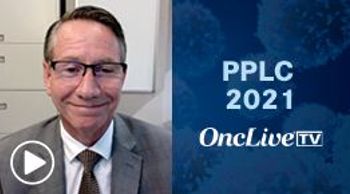
The chair of the Lymphoma Group at Mayo Clinic discussed incorporating immunotherapies beyond CAR T-cell therapy in non-Hodgkin lymphoma.
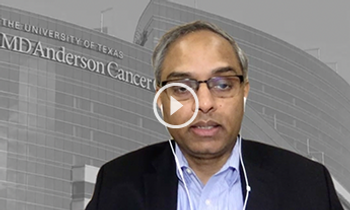
The professor from the University of Texas Anderson Cancer Center discussed challenges surrounding CAR T-cell therapy for the treatment of follicular lymphoma and other lymphomas.
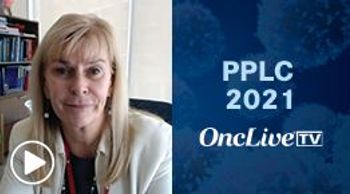
The professor and chief, of oncology and hematology at University of Nebraska Medical Center discussed research with CAR T therapy in lymphoma.
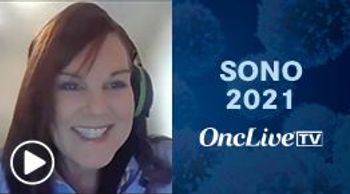
The lymphoma specialist from Moffitt Cancer Center discussed the advantages of CAR T-cell therapy in non-Hodgkin lymphoma.

David G. Maloney, MD, PhD, covered the importance of standardized criteria in managing CRS and ICANS with CAR T therapy.

The World Federation of Hemophilia’s registry will include long-term safety and efficacy data in people with hemophilia treated with gene therapies.